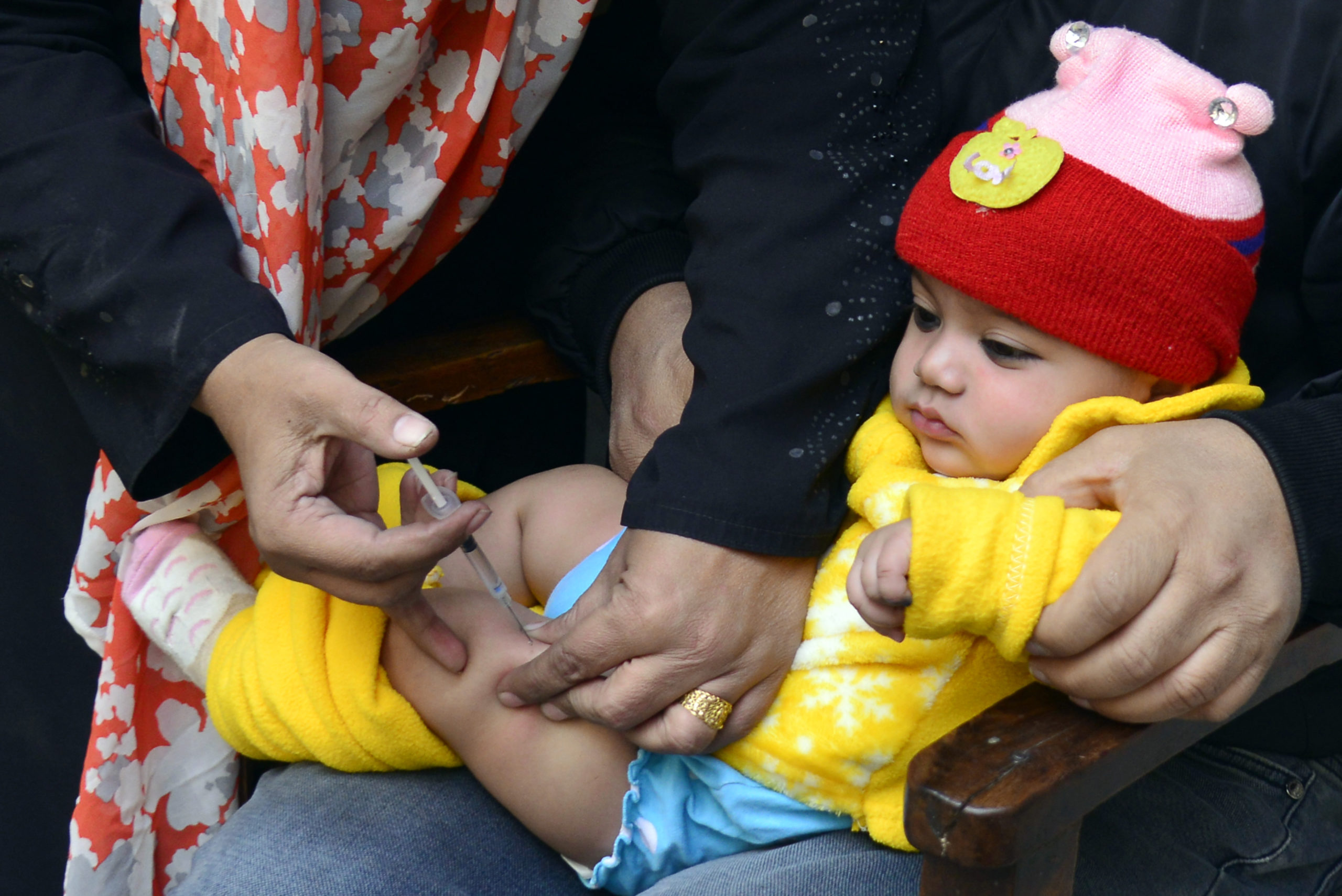The Global Polio Eradication Initiative (GPEI) welcomes the 23rd report from the Independent Monitoring Board (IMB), which provides independent assessments of the program to help refine and improve the GPEI’s work. The report presents an analysis of the status of eradication efforts and suggests actions to help accelerate progress toward interruption of wild poliovirus type 1 and to stop all outbreaks of circulating vaccine-derived polioviruses.
The IMB’s latest report notes the promising decline of types 1 and 2 variant poliovirus cases globally in the past year and the strong regional commitment to eradication throughout the Eastern Mediterranean Region. That said, the program agrees with the IMB’s assessment that progress against variant poliovirus to date is extremely fragile and variable across geographies, and that the recent rise in wild poliovirus detections in Pakistan and Afghanistan is of serious concern. The IMB also rightly recognizes the incredibly complex environments where the virus remains and the external factors impeding the program’s ability to consistently reach children in these places. The GPEI appreciates the board’s frank assessment of management and campaign quality challenges that the program is aware of and proactively working to address.
As the IMB previews, the GPEI, after critical analysis and expert consultations, has decided to extend the timeline of certifying the eradication of wild polio to 2027 and certifying the elimination of type 2 variant polio to 2029. The GPEI will soon be releasing a document outlining the key tactical shifts that it will implement to enable stronger accountability and ownership across all levels of the program during this period. This also includes a more systematic approach to integrating polio activities with other health services and improving coordination with essential immunization programs to set the foundation to sustain a polio-free world.
The polio program has successfully adapted and overcome challenges in its history and will continue to do so until polio everywhere is stopped. Since the IMB’s report was published, a coordinated vaccination campaign round reached approximately 560,000 children with the polio vaccine in Gaza. This was an incredible testament to the dedication and bravery of families and health workers and underscores the program’s ability, in coordination with its partners, to reach children with vaccine, even when facing immense obstacles.
The GPEI appreciates the IMB’s continued scrutiny and shared commitment to achieving a polio-free world. As customary, the program is considering each recommendation carefully and will prepare a full response to be released soon. We will continue working closely with the IMB, polio-affected countries and partners to optimize the polio program’s work, improve vaccination campaigns and disease surveillance, strengthen broader health systems and ultimately ensure no child is paralyzed by polio again.



